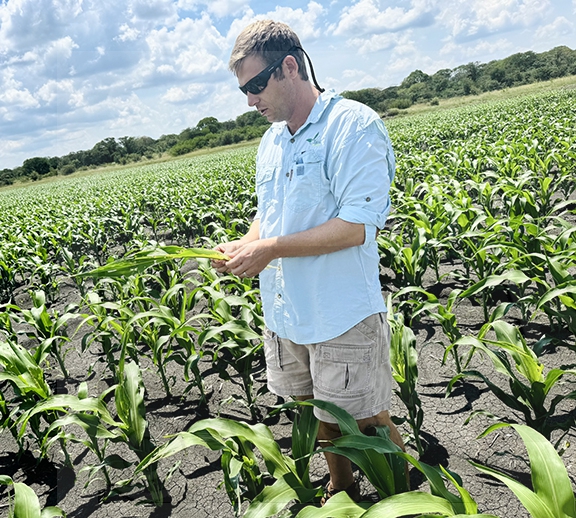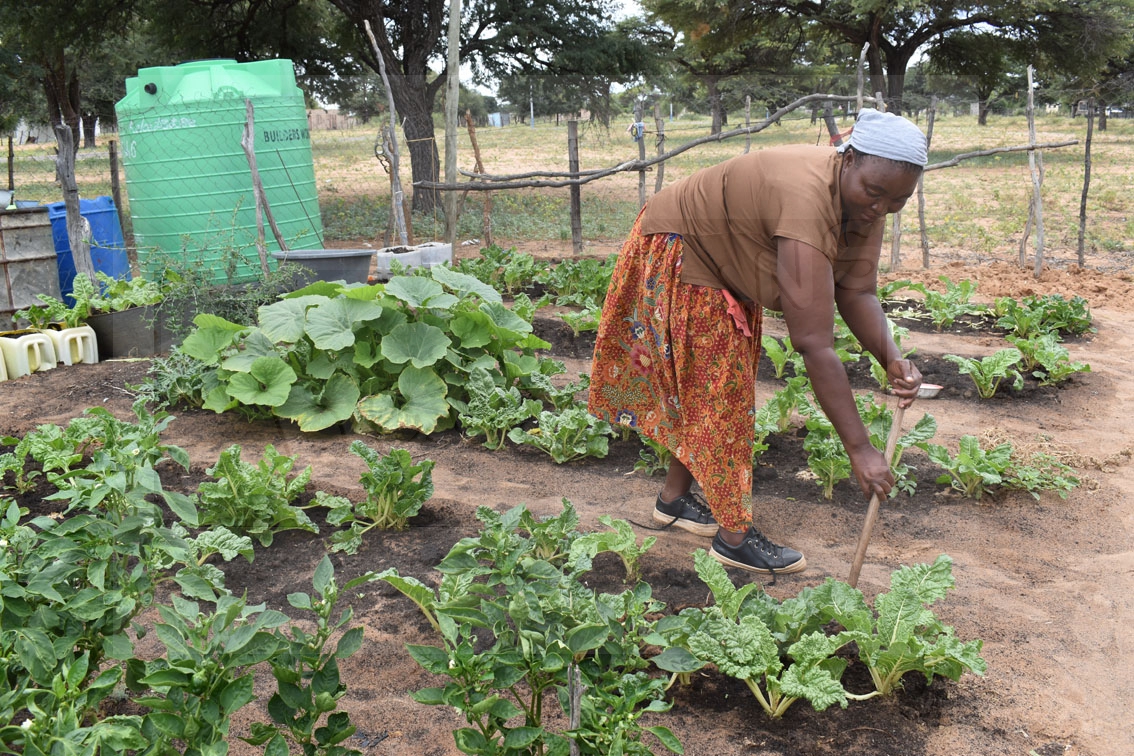Innovation essential to regulatory authority resilience
08 Oct 2025
It is important for regulatory bodies to coordinate and standardise their approaches to ensure that people were both protected and involved in the emerging financial market. Institutions Regulatory Authority (NBFIRA) Board Chairperson, Mr Thabo Gaadingwe has said this at the meeting of the Committee of Insurance, Securities and Non-Bank Financial Institutions Authorities (CISNA) in Maun recently.
He said the rise of digital assets, decentralised finance, and other innovations continuously challenges regulatory agility.
“Yet, within this challenge lies our greatest opportunity to collaborate more deeply, harmonise our standards, and ensure that the citizens of the SADC region are not only protected, but are active participants in this new financial era,” said Mr Gaadingwe.
He urged members to build on this legacy and continue shaping a more coherent and responsive regulatory environment. At NBFIRA, Mr Gaadingwe said, they were committed to this mission of continuous improvement.
“The authority has taken bold steps to enhance its regulatory effectiveness, including achieving the ISO 9001:2015 Quality Management System certification. This milestone is a testament to their pursuit of operational excellence,” he added.
However, Mr Gaadingwe emphasised that excellence was not a destination but a continuous journey. To this end, he said NBFIRA was actively investing in technology solutions that would enhance its regulatory and supervisory solutions.
He said these investments were designed to enhance supervisory oversight, advance data analytics capabilities, and improve risk profiling. Mr Gaadingwe urged all member authorities to continue exploring similar innovations, and to work collectively to build a regional ecosystem where technology empowered rather than overwhelms critical regulatory mandates.
He also stressed the importance of financial integrity, and the need for vigilance against illicit activities.
In this regard, he said NBFIRA was working closely with the Eastern and Southern Africa Anti-Money Laundering Group (ESAAMLG) and other international partners to strengthen anti-money laundering and counter-financing of terrorism frameworks.
The authority, he said, had enhanced reporting protocols, conducted comprehensive sector-wide risk assessments, and rolled out targeted training for market participants. Mr Gaadingwe emphasised that financial crime recognised no borders, and that it was therefore imperative that they deepen cross-border intelligence sharing and harmonise enforcement mechanisms.
He stated that regulation was not just about institutions - it was also about people.
“It is about the pensioner entrusting their life savings, the entrepreneur seeking a micro-loan, and the family investing in an insurance policy for their future.
These are the lives their work touches and protects,” he said.
For this reason, Mr Gaadingwe said consumer protection and education was central to NBFIRA’s mission. He called on all CISNA members to collectively prioritise transparency, fairness, and accessibility, and to ensure that financial inclusion was not just a slogan, but a lived reality for every citizen they serve.
He expressed his sincere gratitude to the CISNA Secretariat, fellow regulators, and all stakeholders for their tireless work in advancing their shared vision. “The road ahead is undoubtedly challenging but together, it is entirely navigable,” said the chairperson.
He disclosed that the meeting would serve as a catalyst for renewed collaboration, deeper trust, and transformative impact for the SADC region. CISNA chairperson, Mr Kenneth Matomola said the authority had made strides in regional integration, paving way for sustainable growth
“The Committee of Insurance, Securities and Non-Bank Financial Institutions Authorities has made significant progress in regional integration, as evidenced by the recent approval of several loans.
This achievement is a demonstration of the organisation’s commitment to fostering cooperation and collaboration among its member states,” he added. However CISNA Board Chairperson noted that while significant progress had been made, there was still much work to be done.
“We have made strides in regional integration, but we must continue to address the challenges facing SADC member states It is imperative that we strengthen our financial systems and work together to overcome the obstacles that hinder our growth,” he said.
The Chairperson emphasised the need for deeper collaboration and collective efforts to drive sustainable growth in the region. “There is a clear need for us to work together, share knowledge, and leverage each other’s strengths to achieve our goals.
By doing so, we can create a more stable and prosperous financial landscape for our member states,” he added. Mr Matomola further explained that as CISNA continued to drive regional integration and cooperation, its member states could look forward to a brighter future, characterised by stronger financial systems, increased economic growth, and improved living standards for their citizens.
He said the organisation remained committed to playing a leading role in shaping the financial landscape of the SADC region and promoting sustainable growth and development. ENDS
Source : BOPA
Author : Thamani Shabani
Location : Francistown
Event : Meeting
Date : 08 Oct 2025





